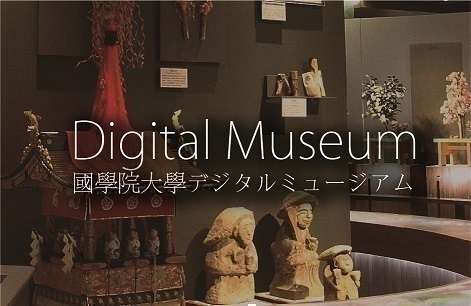- トップ
- Encyclopedia of Shinto
- Ōmitakara
Encyclopedia of Shinto
| Main Menu: | |
| Links: |
詳細表示 (Complete Article)
| カテゴリー1: | 7. Concepts and Doctrines |
|---|---|
| カテゴリー2: | Basic Terms |
| Title | Ōmitakara |
| Text | An ancient expression referring to the emperor's subjects. Similar compounds include kōmin, tami, minsho, hyakushō, jinmin, shomin, shojin, banmin, himin, okuchō, shūsho, reimin, reisho, reigen, ryōjin, kyojin, kokō, ninpu, jinbutsu, motomotosōsei, gyōgyōkenshu. Originally ōmitakara was written as 大御田族, indicating farmers who cultivated the imperial rice fields. The later Kojikiden (1822) and Engishiki norito kōgi (1848) regarded the people as the precious treasure of the emperor and so ōmitakara was interpreted using the character for "treasure," to imply "all the people of the country." — Fukui Yoshihiko |




